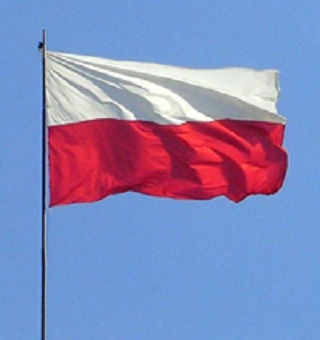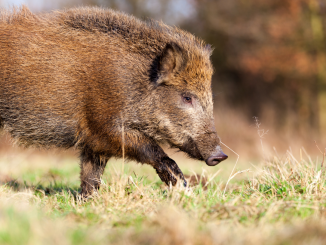Recent scandals involving food products sold in Czech supermarkets are making some consumers in the country nervous.

After discovering horsemeat in products imported from Poland sold in Czech branches of Tesco, the British chain pulled some meat product off the shelves. Here is what Agriculture Minister Petr Bendl had to say about these developments:
“Protecting the consumer from falsified food products is just as big a priority as protecting them from unsafe food. Those who are worried should consider purchasing Czech products. Only with food produced in the Czech Republic are we able to determine precisely where it was made.”
Beside the horsemeat scandal which has been relatively low-key in this country compared to the rest of Europe, an ongoing headache for food inspectors are imports from Poland. The Czech Republic annually imports around 10 billion crowns worth of food products from Poland: The amount of imports is growing every year, though the number of scandals linked to Polish products does as well.
Last year, a number of serious food safety problems were discovered with some of the Polish products sold in this country. Wafers containing traces of rat poison, rotten frozen fish, road salt in packages of table salt – to name just a few.
The problem with low-quality or even contaminated food is driven by pricing. All the large supermarket chains in the Czech Republic are part of international networks, which have a wide choice of suppliers from around Europe. Their main criteria is often the price, and suppliers may go to the extreme in order to get a lucrative deal.




